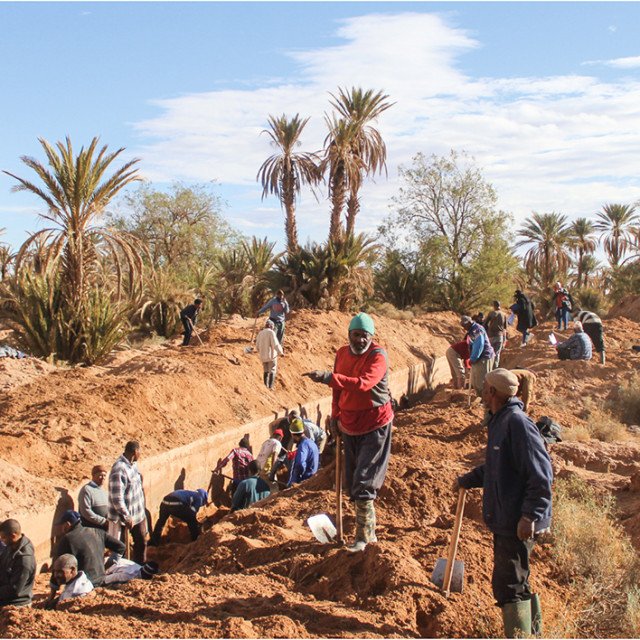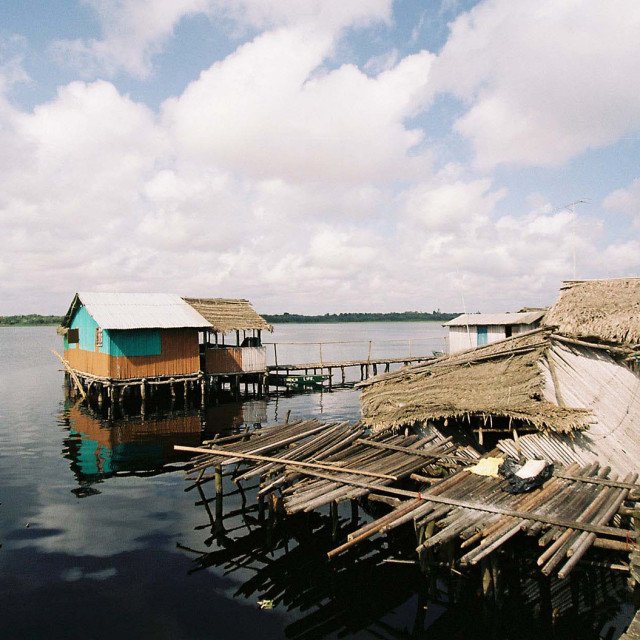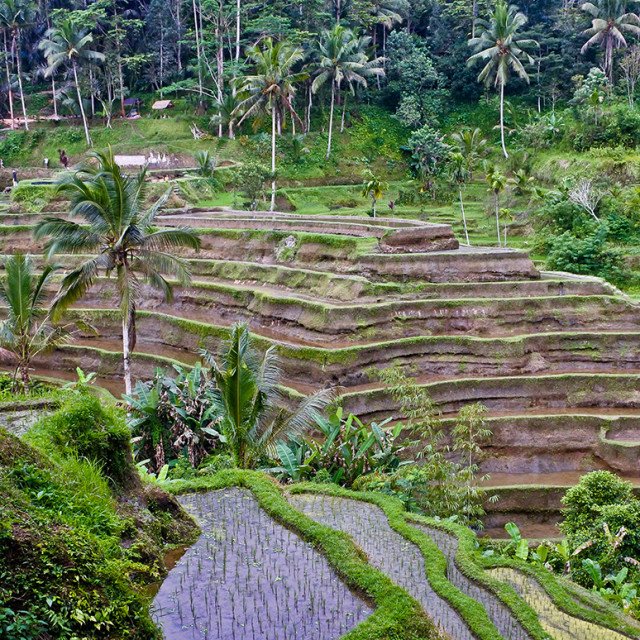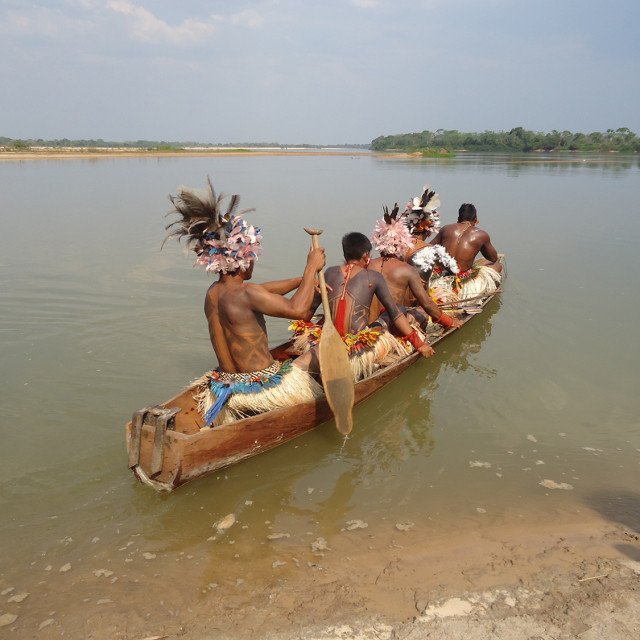The Voices of Water
The Voices of Water
Ancient Hydro Technologies for Sustainable Futures
The contribution of the Global Network of Water Museums (WAMU-NET) to the 10th World Water Forum features an immersive, multi-channel video installation titled The Voices of Water. The installation aims to illustrate how ancient water cultures are an inspiring source of innovation for sustainable water management and an ecological transition.
The eight case studies of Ancient Hydro-Technologies (AHTs) from Indonesia, Australia, Morocco, Algeria, Ghana, Iraq, Peru, and Brazil in this exhibition organized by WAMU-NET offer a preview of the forthcoming Virtual Science Museum of UNESCO.
Humankind has always been confronted with water scarcity and abundance. Over the centuries, we have generated hydrotechnologies and knowledge to manage water for various purposes and shape unique landscapes that host communities in harmony with nature and foster rich biodiversity.
Ancient water management practices are based on empirical knowledge and wise hydro-visions. As such, they can help achieve the SDGs more effectively than practices based solely on large infrastructures and energy-intensive hydraulic technologies, which alter ecosystems and have negative environmental impacts.
Today, ancient and indigenous knowledges are crucial to inspire the vision needed for farsighted management of freshwater ecosystems and an ecological transition at the global level.
At a time when technological innovation has shown countless advantages but also limitations, we can learn from the invaluable lessons of our predecessors and harness their hydro-visions to foster new ways of coexistence with Nature and shape sustainable futures for both people and all living beings.
Shifting from a cultural paradigm of ‘dominion over nature’ to one of ‘ecosystem sustainability’ requires a radical change of perspective in education and training. Indeed, shifting attitudes and behaviors is vital to secure humanity’s future and global water security.
Today, there is an urgent need to embrace new holistic approaches to overcome unduly narrow visions that have proved inadequate to address the challenges of the global water crisis. Museums care for some of the most outstanding water heritages worldwide. These institutions promote new approaches for reconnecting people to values historically associated with water. In this context, water museums play a key role in paving the way for paradigm shifts and future resilience planning.
This project will continue to be developed as a travelling exhibition with additional case studies hosted and supported by WAMU-NET members.
The concept of the video installation was developed by the video artist Giuseppe La Spada in cooperation with a curatorial team including Eriberto Eulisse, Lucrezia Gigante, and Vladimiro Boselli.








